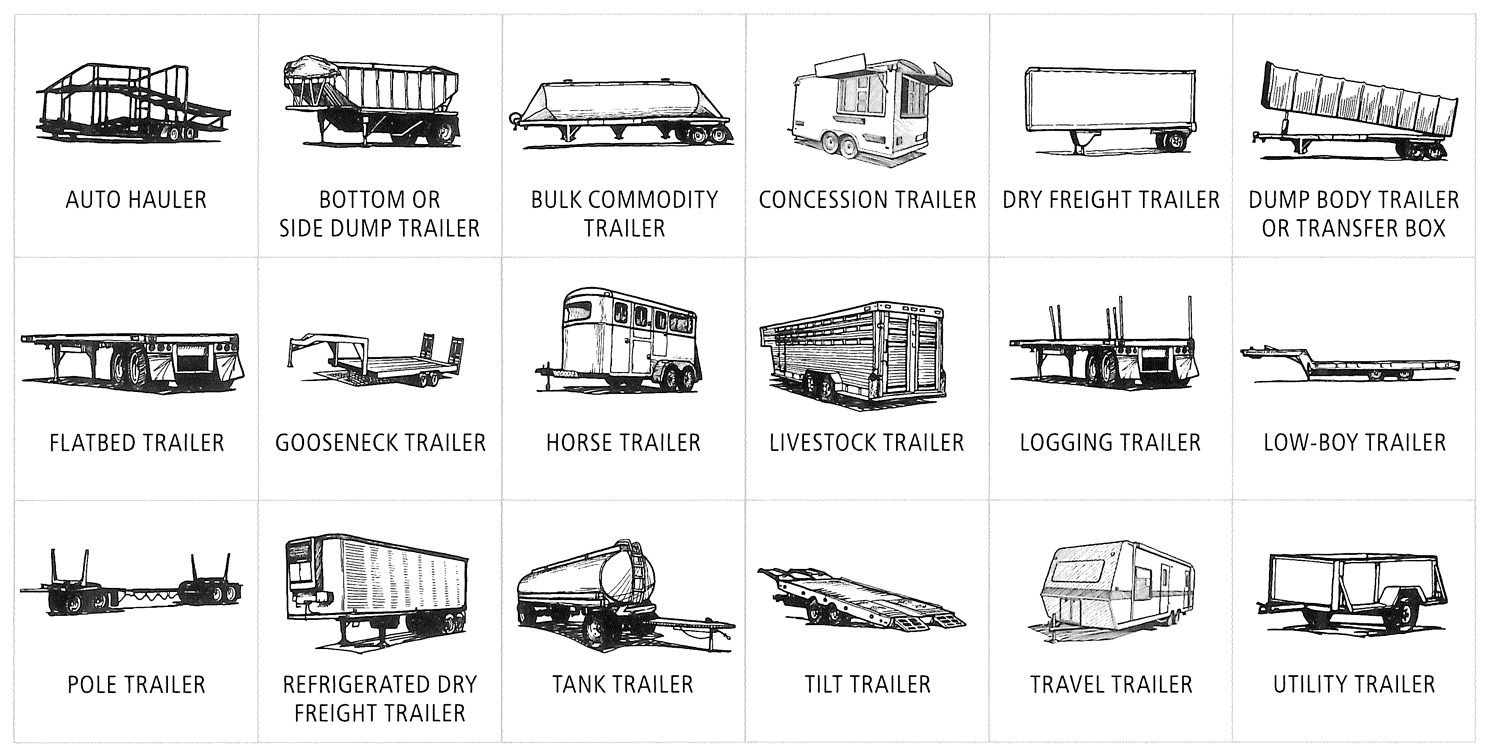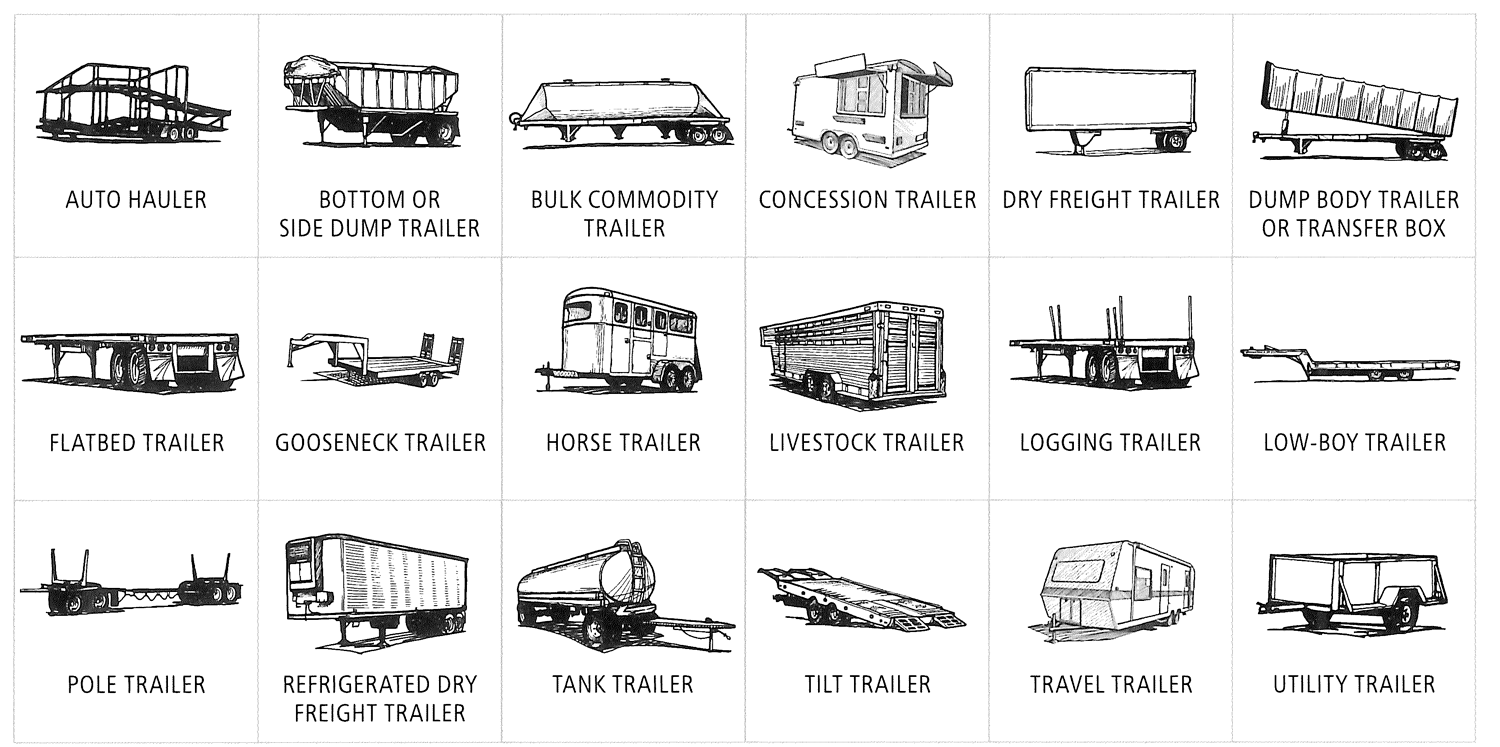As a newcomer to the shipping and freight industry, understanding the various trailer types used in shipping can be quite daunting. This guide is aimed at providing you with the knowledge needed to make informed decisions regarding your shipment, by breaking down the different trailer types and their unique features.
- Dry Van Trailers
Dry van trailers are one of the most common trailer types used in shipping. They are enclosed trailers with no temperature control, and are commonly used to ship palletized or loose cargo. Their standard length is 53 feet, but there are shorter options as well.
- Flatbed Trailers
Flatbed trailers are open trailers without walls or a roof. They are typically used to transport cargo that is too tall, wide, or heavy for a dry van trailer. They can carry everything from steel coils to machinery to construction materials.
- Reefer Trailers
Reefer trailers, or refrigerated trailers, are insulated trailers with temperature control that are used to ship perishable goods. They come in different sizes and are designed to keep the temperature inside the trailer at a specific temperature, allowing for the safe transportation of temperature-sensitive cargo.
- Lowboy Trailers
Lowboy trailers are used to transport heavy or oversized cargo, such as construction equipment or large vehicles. They have a lower deck height than other trailers, which allows for the transportation of taller cargo.
- Step Deck Trailers
Step deck trailers, also known as drop deck trailers, are designed with a lower deck that allows for the transportation of taller cargo than a standard flatbed trailer. The upper deck is shorter, and the lower deck has a drop, hence the name “step deck.”
- Double Drop Trailers
Double drop trailers are similar to step deck trailers, but they have an additional drop in the trailer bed, allowing for even taller cargo to be transported. They are commonly used to transport large construction equipment, wind turbines, and other oversized cargo.
- Tanker Trailers
Tanker trailers are used to transport liquids or gases, such as fuel or chemicals. They come in different sizes and designs, depending on the type of cargo being transported.
Knowing the different types of trailers and their specific uses can help you make informed decisions when it comes to choosing the best trailer for your shipment. At Moto, we have the expertise to help you choose the right trailer for your shipment and get it delivered on time and within your budget. Contact us today for your shipping needs.

 (604) 757 2441
(604) 757 2441